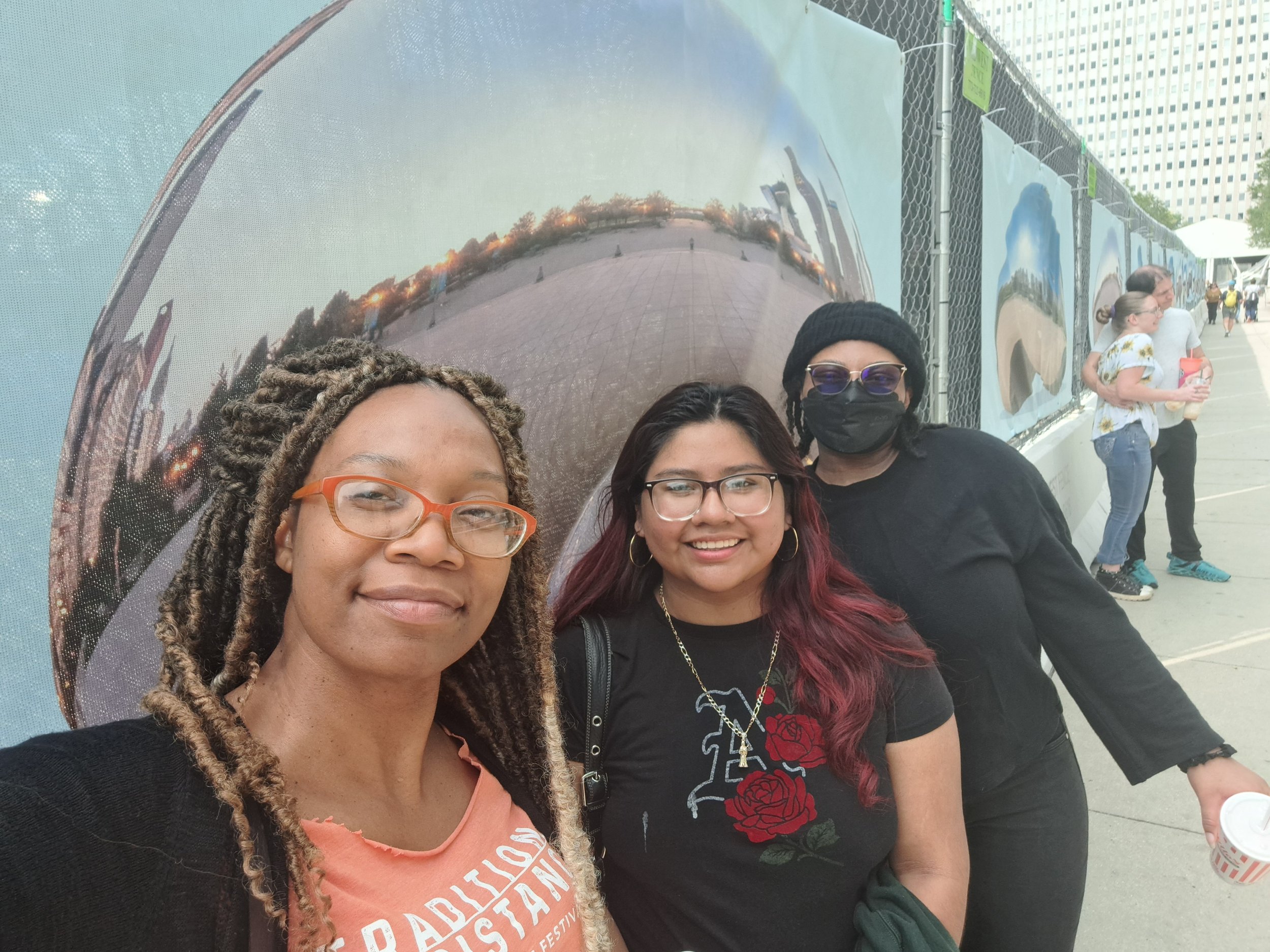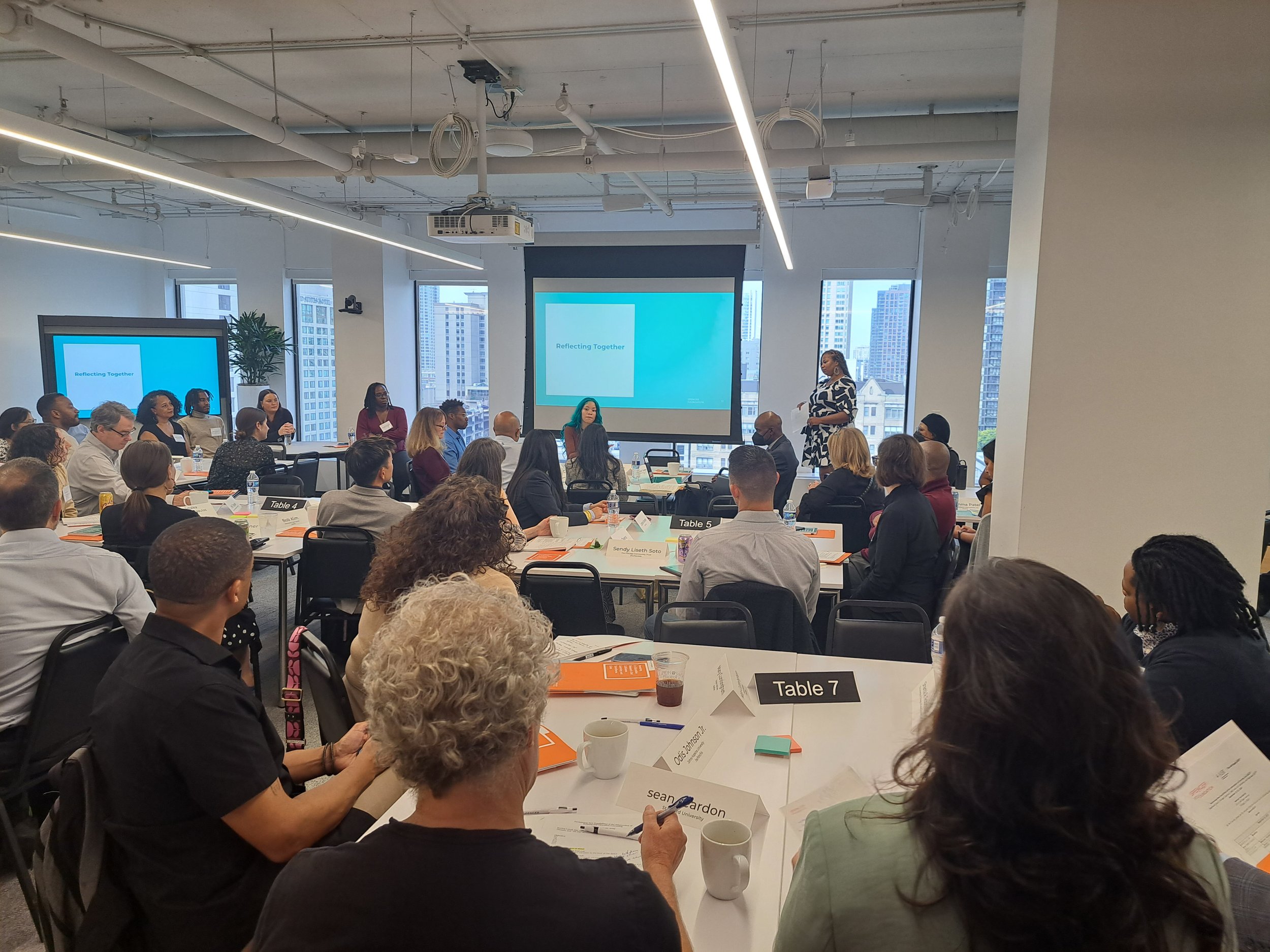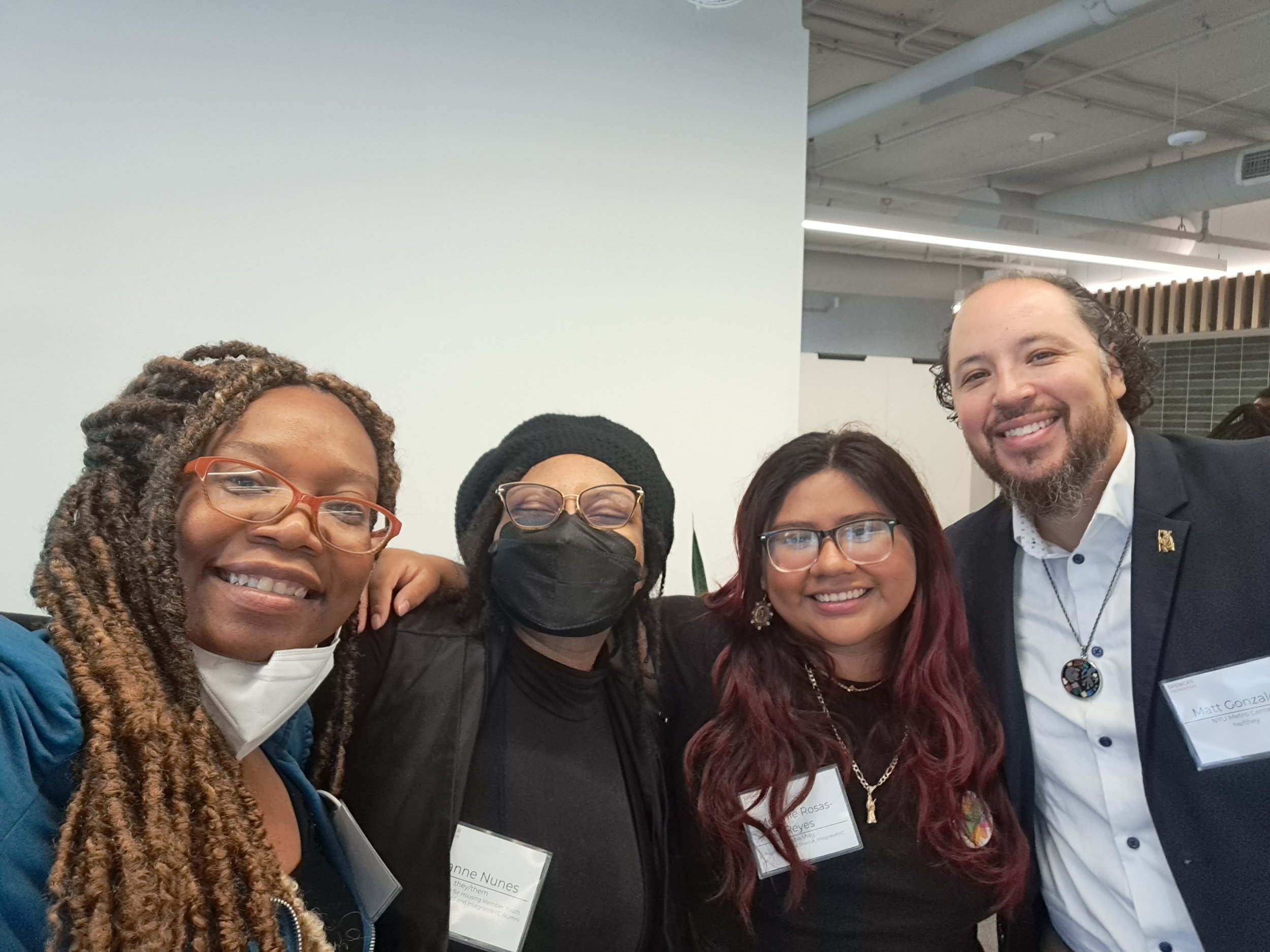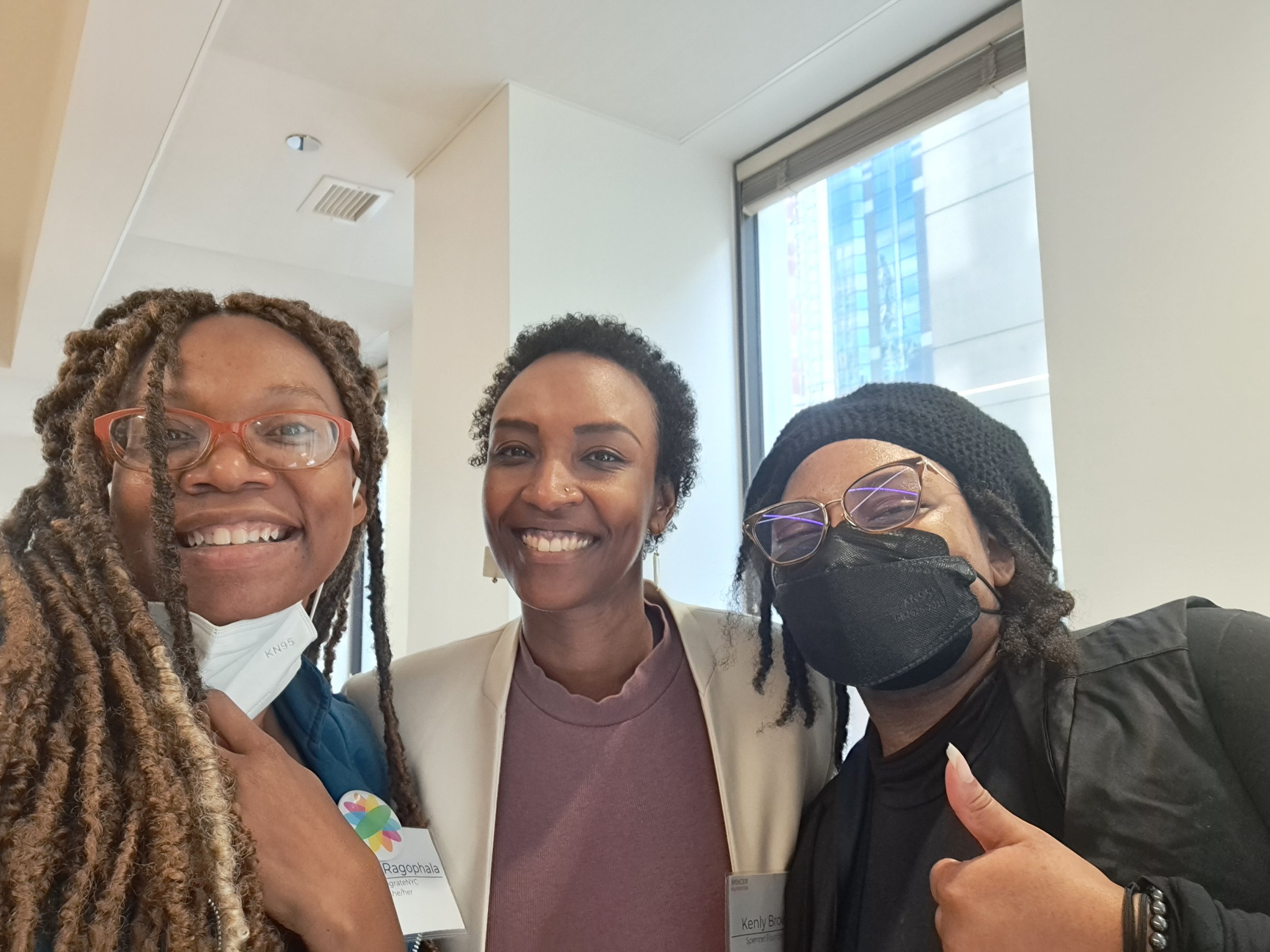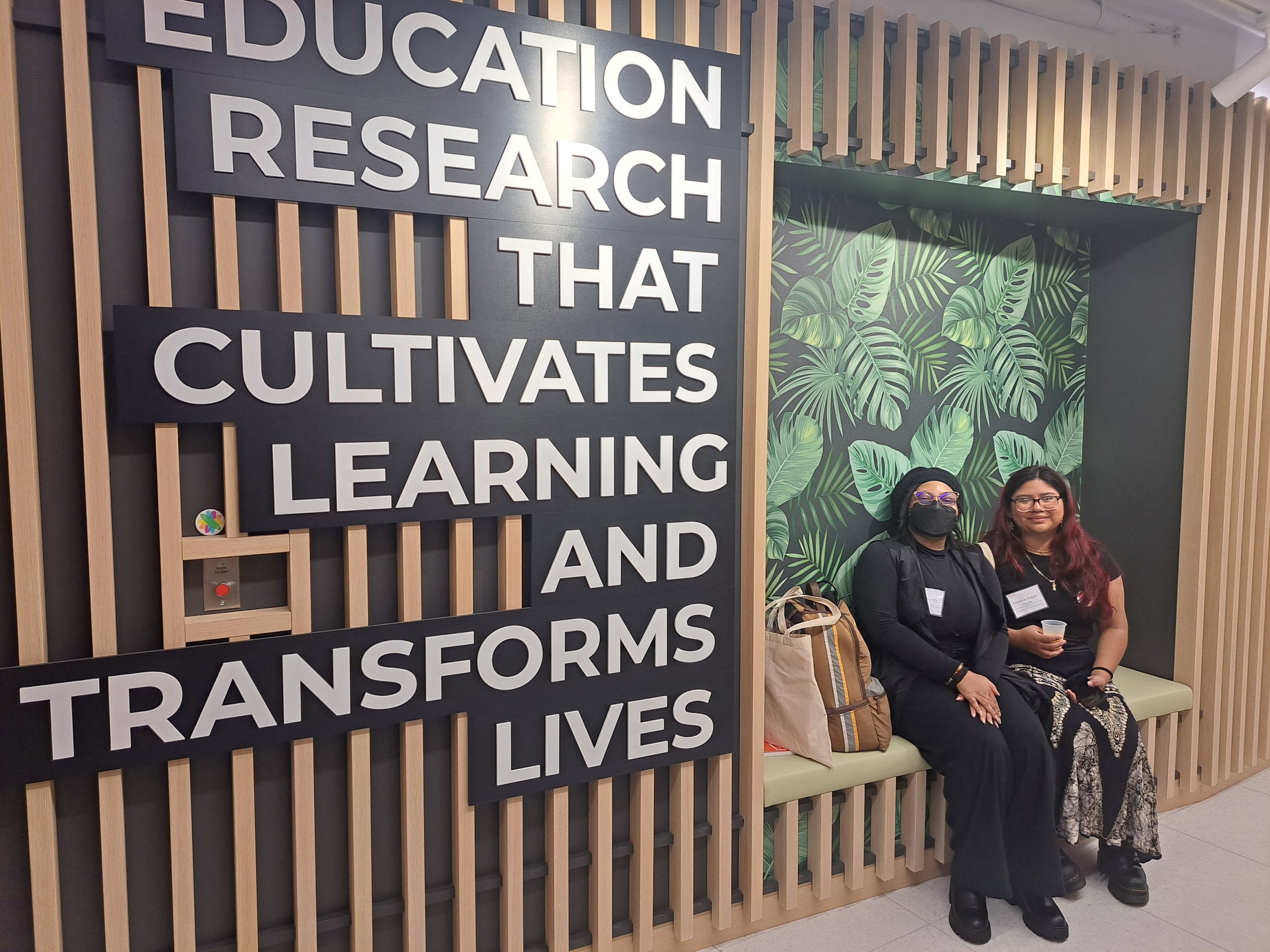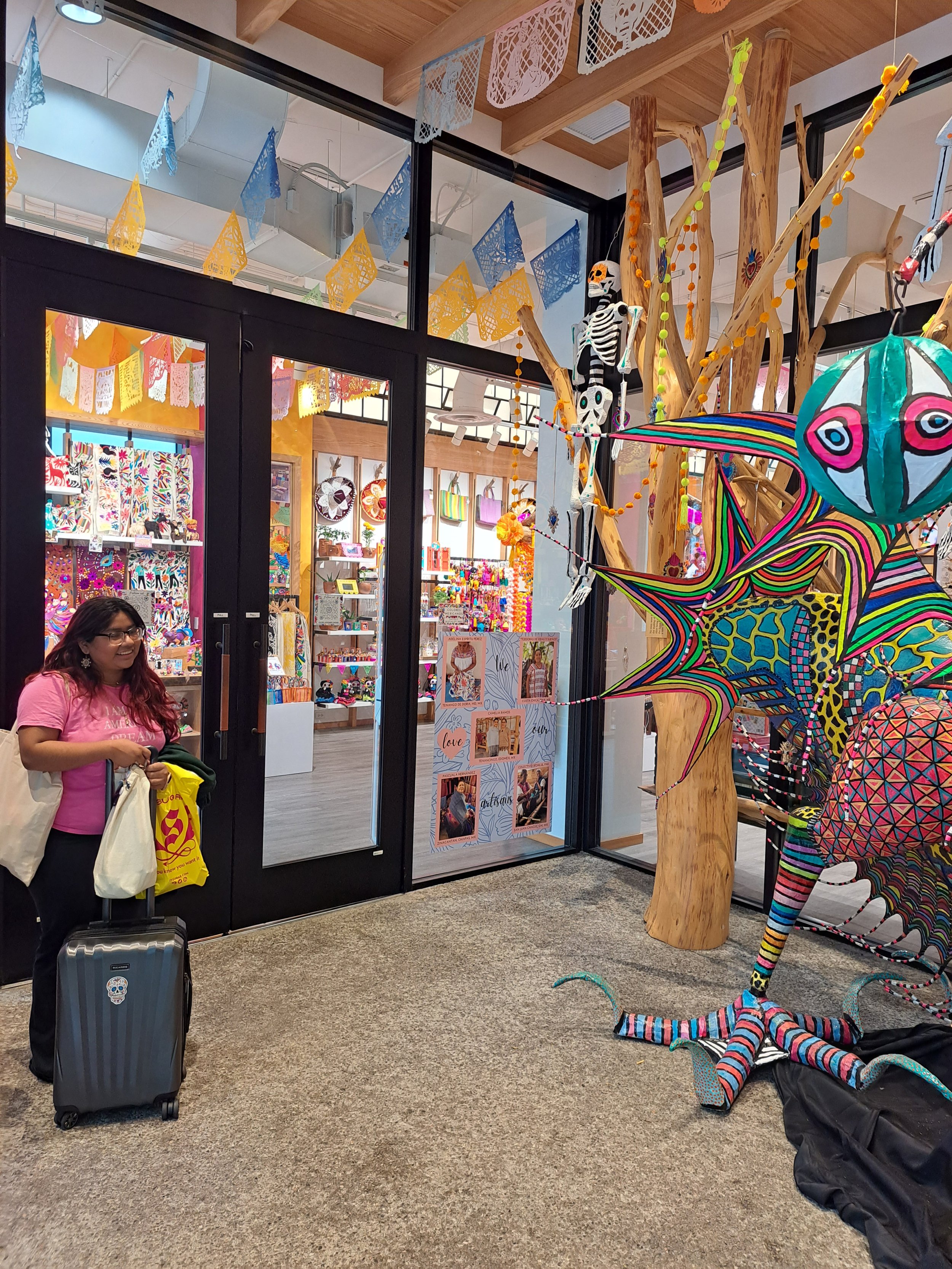Learning from Youth: Advocacy at the Intersections of Housing & Education
Spencer Foundation Convening September 21, 2023
Equity and justice in education and housing are deeply connected. One key issue is the link between residential and educational segregation. We know that schools are more segregated than they were nearly 70 years ago when the Brown v. Board of Education ruling mandated the desegregation of schools. Creating just schools that are fully integrated that serve a multitude of communities is of critical importance nationwide. We also know that issues are more complex than solely the racial demographics of schools. Schools and districts need thoughtful approaches to attending to the needs of a wide diversity of students. This includes engaging curriculum, restorative justice approaches to discipline, alternatives to high-stakes assessment, processes for youth leadership, and schools that truly meet the needs of communities in a multicultural democracy.
Current INYC youth Executive Director, Melanie Rosas- Reyes and Leanne Nunes, former INYC youth executive director, Leanne Nunes, currently working withYouth Alliance for Housing, and Youth Advocacy Council led a conversation in Chicago on September 21 about the intersection of education of housing and education. The convening was composed of Education Justice researchers, policymakers, policy advocates, and community organizers. Our youth leaders expertly led a restorative justice activity that drew in the participants to specific moments that they felt unsafe in their school life and the importance of Resources and Restorative Justice in supporting youth in current situations. Leanne spoke about college age youth becoming homeless every summer with nowhere to go. Unstable housing takes many forms for young people and it is normally paired with food insecurity. Our team countered narratives that normalize BIPOC communities living in a scarcity mindset , Melanie shared, “The media pushes out stories that do not provide full context of the situation. It then makes us feel like we are fighting for the crumbs, we have been pitted against each other in a way that implies that if {one group has the other cannot]. Instead of fighting against the systems and groups that are implementing change. Restorative Justice can be used to ensure we are not playing Oppression Olympics.” They spoke of transformative change starting in Restorative circles and healing from harms that have forced BIPOC youth to work harder to overcome barriers to complete their education.


